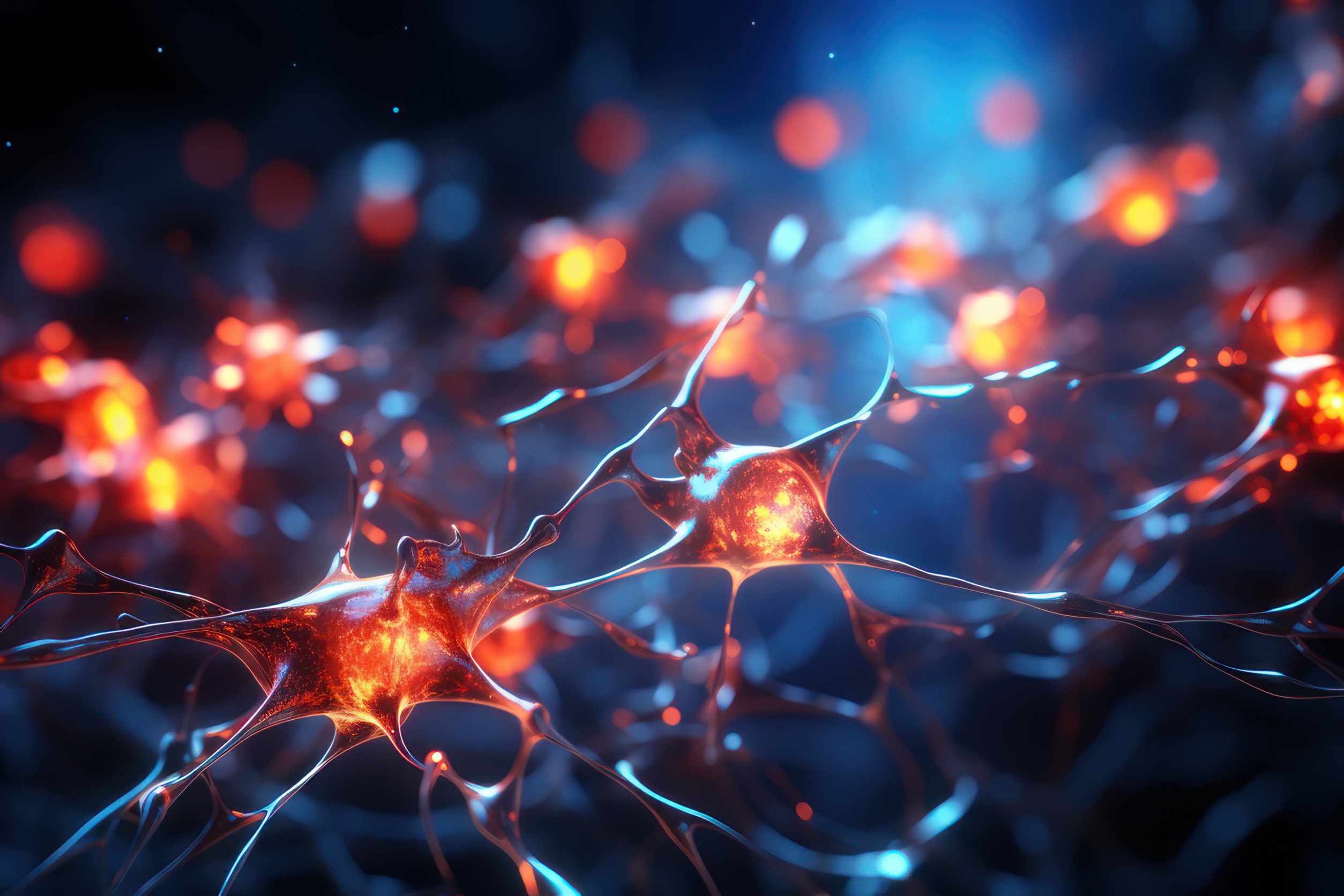Math Night = Fun Night
It’s a free, easy and FUN way to spend a winter evening!

The other day, one of our mathletes asked me a great question; anyone who has ever taught math has heard a variation of it. She wanted to know why we ask her to practice long division when she would always have access to a calculator. It’s a fair point; it's unlikely we’d be in dire need of a quotient and not have a device that could provide it.
Since this mathlete is a gymnast, we discussed her question in the context of her training regimen though. I asked her to walk me through a typical practice session. She explained how practices would include a warmup to increase physical and mental readiness, stretches to prevent injury, strength training to build muscle, repetition of certain movements to fine tune skills, and sometimes run-throughs of portions of routines or entire routines.
I wanted to know why they don’t just run through entire routines since that is the result they’re after. That’s when our mathlete answered her own question. She and her peers use several ways to prepare, and each of those corresponds to learning math. Here’s how it breaks down.
In our brains, learning occurs when electrical and chemical processes facilitate connections between neurons. Most parts of the brain have been shown not to grow new neurons during our lifetimes, but connections between neurons increase the mass of the brain and its overall health. We do continually increase the number and strength of connections we use, and prune unused connections. Learning allows us to build those connections:
“Your brain is never fixed but continues to change with learning and experience throughout your life.
Most learning in the brain involves rewiring or making and strengthening connections between neurons, the cells of your brain most crucial for learning.”
The “rewiring” mentioned there happens when certain neurons are repeatedly called upon to work together on a task. Whether it’s repetition of certain gymnastic movements, or practicing a mathematical process, the neurons increase the strength and number of connections with one another as a result of repetition and practice. As they do, the skill becomes less difficult. With sufficient practice, it may become essentially effortless. Those neurons create and respond to the electrical and chemical environment present during that time of practice.
Studying math is particularly effective in facilitating that rewiring, or brain development, just like strength training is in preparing the gymnast to perform increasingly challenging moves. She doesn’t plan to lift weights during a competition, but having lifted during training prepares her muscles, circulatory system, etc. for performance.
Brain plasticity refers to this ability of the brain to alter both its structure and function. Electrical impulses and chemicals called neurotransmitters contribute to that process, with one of the results being increases and decreases in the number of neural connections. Research has shown that studying math is linked to the brain producing more of a chemical that allows us to understand math.
"Each of them underwent a brain scan and cognitive assessment, and were followed up 19 months later. According to the paper, published in the Proceedings of the National Academy of Sciences, researchers were able to spot those who did or did not study maths post-16 based on concentrations of the brain chemical in each student."
Further, not studying math has been connected to negatively impacting brain development. It’s like skipping the stretches and warmup and diving right in to the full routine – a great recipe for injury and future difficulties.
“Our findings reveal the reciprocal effect between brain development and education and demonstrate the negative consequences of a specific lack of education during adolescence on brain plasticity and cognitive functions.”
Real life then, is when we perform the routine. Studying math has prepared our brain with neural connections and neurotransmitters we use to navigate daily challenges. They may not be exactly long division, but they will require the analysis, disciplined thinking, and problem solving skills we prepared.
